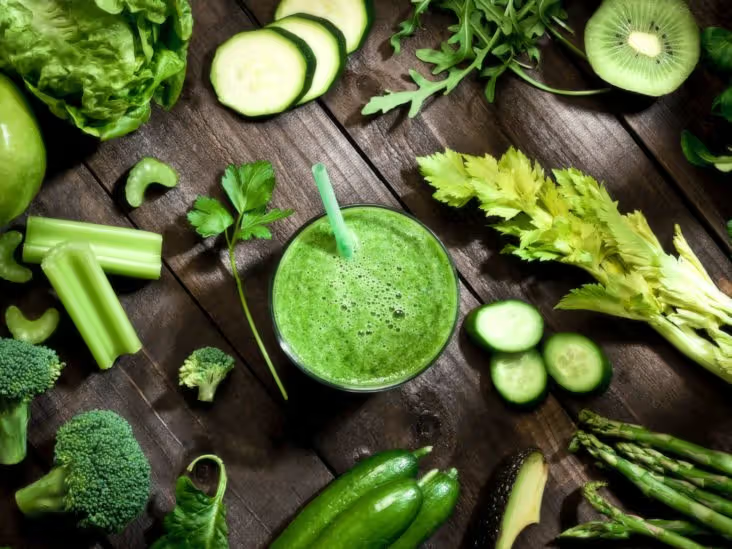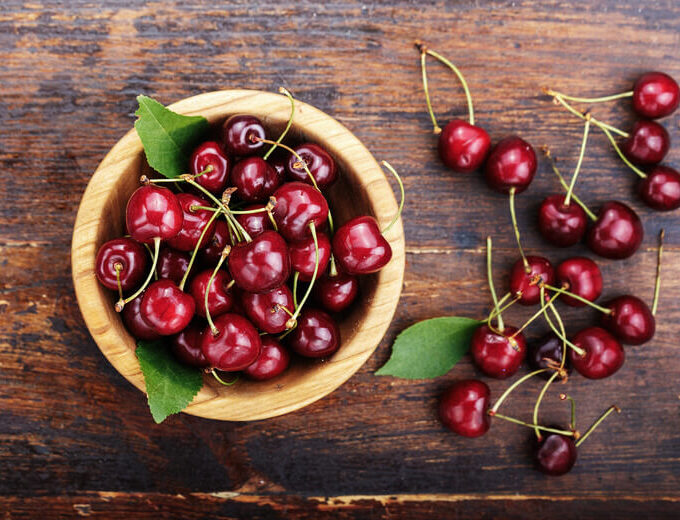Detox culture is booming—thousands of juices, teas, and herbal mixes promise to flush away toxins and “heal” your liver. The harsh truth: not only are these claims mostly marketing, but some detox drinks actually put your liver at serious risk. Here’s why liver cleanses can be dangerous, why “natural” herbs aren’t always safe, and what really works to protect your body’s true detox powerhouse.
The “Detox” Promise vs. Liver Science
Marketers sell detox drinks as an easy fix after holiday feasts, hectic schedules, or weekend indulgence. Common claims include:
- “Cleanses the liver and removes toxins!”
- “Supports natural detox systems!”
- “Boosts energy and resets your system!”
In reality, your liver naturally filters and neutralizes most toxins. There isn’t scientific proof that herbal or juice cleanses improve this process—and in healthy people, the liver does not accumulate toxins that need to be “flushed out” by radical diets or drinks.
From Detox to Danger: Real-Life Liver Damage
Acute liver failure from herbal “detox” tonics
Doctors worldwide have reported healthy people going into acute liver failure after using certain teas or herbal supplement “cleanses.” Some need urgent hospitalization or even liver transplantation to survive.
- A 60-year-old woman died after two weeks of a popular detox tea—lab results and biopsy pointed directly to herbal-induced liver necrosis.
- A 35-year-old Indian engineer landed in the ICU with acute liver failure after months of daily “herbal detox tonic.” Previously healthy, he suffered jaundice, lethargy, and liver damage—proving that “natural” isn’t synonymous with “risk-free”.
The problem isn’t isolated
Recent reviews show herbal supplements now account for up to 16% of all cases of drug-induced liver injury in the US and even higher numbers in Asia. Many adverse events go unreported because patients don’t tell doctors about supplement use, or the products contain hidden or misidentified ingredients.
Why Detox Drinks Become Toxic
Unregulated, unpredictable ingredients
Unlike prescription drugs, detox supplements aren’t tightly regulated. Product labels may be inaccurate, and some drinks contain undisclosed contaminants—heavy metals, pesticides, or even pharmaceutical adulterants (like steroids or analgesics).
- Ingredients vary by batch, company, and even by the season’s harvest.
- Some products lack the advertised “botanical,” while others hide the true liver-toxic herb inside.
Unsafe herbal ingredients
Certain so-called detox herbs—especially when concentrated—are now known to harm the liver. High-risk “liver” herbs include:
- Chaparral, comfrey, kava, germander, and ephedra: documented causes of acute irreversible liver failure, sometimes fatal.
- Green tea extract (not plain tea): can spike liver enzymes and cause injury when highly concentrated.
- Turmeric or milk thistle in mega-doses: sometimes safe as food, but risky in concentrated extracts, especially with black pepper or other “bioavailability enhancers”.
Even mainstream herbs thought to be gentle can cause cholestasis, necrosis, or irreversible liver scarring—especially in people with underlying liver or kidney problems, or those mixing multiple products.
Dangerous combinations and contaminated blends
Manufacturers often blend several “detox” herbs together, multiplying the risk of toxic effects and drug interactions. The risk is highest in:
- Multi-herb tea and drink blends, especially those promising “full-body cleansing.”
- Overuse or continuous dosing beyond what’s listed on the package.
- Supplements obtained from overseas or the internet, where quality control is weakest.
The myth of “toxins”
No “detox” drink can specify what chemicals it removes. The liver already processes and neutralizes metabolic waste, alcohol, medications, and environmental toxins by design. What isn’t processed is stored in fat, exhaled, or excreted by other means. The idea that vague “toxins” build up without real, diagnosed liver disease is a myth that drives supplement sales but not health.
The “Natural” Fallacy: Why Plant-Based Isn’t Always Safe
- Not all natural substances are body-friendly—some of the world’s most potent poisons are plant-based.
- Herbal supplements may sit on shelves with little or no human safety data; anecdotal “traditional” use is not proof of safety, especially in modern doses and concentrated formulations.
- “Detox” teas and juices marketed as Ayurveda, Unani, TCM, or “holistic” often leave out toxicity profiles, underlying herb-drug interactions, or allergy risks.
Real-World Side Effects
Besides acute and chronic liver injury, “detox” drinks can also cause:
- Dehydration and low electrolytes (due to strong diuretics or laxative herbs).
- Nausea, vomiting, abdominal pain, and diarrhea.
- Allergic reactions or unpredictable cross-reactions with medications (including blood thinners or diabetes drugs).
- Increased “burden” on the liver, actually making hepatic dysfunction worse.
Some “cleanses” prompt quick weight loss—but this is usually just water loss, not fat or “toxins.”
Who’s at highest risk?
- Anyone with a history of liver or kidney disease.
- People combining prescription drugs and supplements.
- Pregnant and breastfeeding individuals.
- Those consuming more than one “detox” drink a week, or for multiple weeks at a time.
How to Actually Support Your Liver
Instead of falling for miracle drinks:
- Drink plain water for true hydration.
- Eat a diet high in fiber, fruits, and antioxidant-rich vegetables.
- Limit alcohol, processed food, added sugar, and fatty, fried foods.
- Manage your weight and get regular exercise.
- Never start a “cleanse” or new supplement regimen without consulting a doctor, especially if you take medication or have an underlying health condition.
Conclusion
Don’t let “detox” marketing fool you: your liver doesn’t need cleanses, and “herbal” isn’t always safe—real risks range from enzyme spikes to life-threatening liver failure. The best way to support liver health is simple: hydration, a balanced diet, and avoiding substances that can poison or overwork this essential organ. If you feel sluggish or “toxic,” focus on sustainable lifestyle change over risky drinks in fancy bottles. Always check with a healthcare professional before trying new supplements, especially if you have health issues or are on medication.
References / Sources
- Healthline – Do Liver Cleanse and Detox Drinks Work? A Scientific Deep Dive: https://www.healthline.com/nutrition/do-liver-cleanse-drinks-work
- PMC – Drug-Induced Liver Injury from Herbal Liver Detoxification Products: https://pmc.ncbi.nlm.nih.gov/articles/PMC9830300/
- PMC – Yogi Detox Tea: A Potential Cause of Acute Liver Failure: https://pmc.ncbi.nlm.nih.gov/articles/PMC5674495/
- Hindustan Times – A 35-year-old developed acute liver failure after consuming a “detox” drink: https://www.hindustantimes.com/lifestyle/health/orthopaedic-surgeon-shares-how-35-year-old-suffers-acute-liver-failure-after-daily-use-of-natural-herbal-detox-drink-101756204510178.html
- GoodRx Health – Do These Drinks for Liver Detox Really Work? https://www.goodrx.com/health-topic/liver/drinks-for-liver-health
- Medical News Today – 6 Popular Herbal Supplements Linked to Potential Liver Risks: https://www.medicalnewstoday.com/articles/6-popular-herbal-supplements-green-tea-curcumin-linked-potential-liver-risks
- LiverTox – Herbal and Dietary Supplements – Liver injury profile: https://www.ncbi.nlm.nih.gov/books/NBK548441/
- Healthline – Herbal Detoxes: Myths, Facts, and What to Know: https://www.healthline.com/nutrition/herbal-detox














Leave a comment